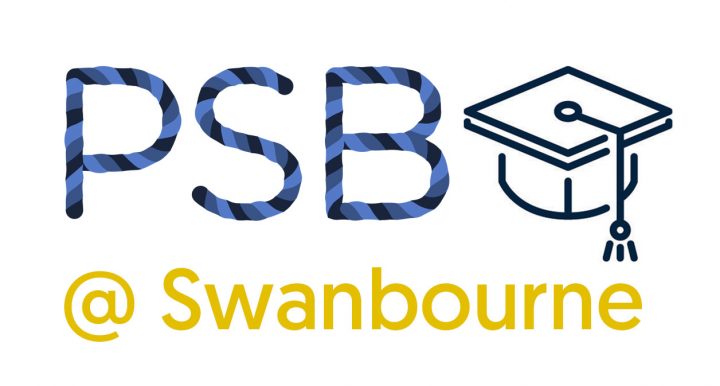Blog: Building Learning Powers
Schools also have a responsibility to ensure that pupils are prepared for a globalised world of jobs that have not yet been created, for technologies that have not yet been developed and to solve problems that have not yet been anticipated.
The Organisation for Economic Co-operation and Development (OECD) believe that Education can equip learners with agency, a sense of purpose and the competencies they need to shape their own lives and contribute to the lives of others. These young people will be ‘change agents,’ they will have a positive impact throughout their employment, having the capacity to empathise and the ability to understand the consequences of their actions. It is important to appreciate that the OECD’s notion of ‘competencies’ requires more than just the acquisition of subject knowledge and skills; it involves the ability to apply these to meet the complex and unknown demands of the world of work in the latter half of the 21st Century.
To equip pupils in the classroom of today with these ‘competencies,’ they need to be taught a range of supplementary skills, which crucially includes ‘learning to learn’ or what Guy Claxton might refer to as a ‘Learning Power.’
At Swanbourne…
We have recognised the importance of creating a classroom culture where children recognise how they learn explicitly. It is in this way that our pupils are being prepared for an uncertain future. We firmly believe that our role is not simply to educate children to pass examinations but also to be lifelong learners.
 It is this conviction that motivated our decision in 2019, to move away from the traditional Prep School assessment of Common Entrance, in favour of the Pre-Senior Baccalaureate (PSB). This assessment framework has enabled us to keep our rigorous and challenging curriculum but also to build an assessment framework that is not solely dependent on knowledge or memory testing examinations.
It is this conviction that motivated our decision in 2019, to move away from the traditional Prep School assessment of Common Entrance, in favour of the Pre-Senior Baccalaureate (PSB). This assessment framework has enabled us to keep our rigorous and challenging curriculum but also to build an assessment framework that is not solely dependent on knowledge or memory testing examinations.
What makes the PSB distinctive is the active and overt development of subject and core skills, which run in parallel at the heart of curriculum study. Lessons are structured to encourage active learning, involving such core skills as collaboration and reflection. Teachers ensure that during and at the end of the lesson, they explicitly name the skills being used and enable the children to make a connection between that skill and the activity they have undertaken. This activity enables the children to recognise the skills, as a habit of learning and evaluate how successful they are in achieving it.
“For the children of today, it is not going to be enough to leave school with a clutch of examination certificates; if they are to be successful, we must unequivocally teach them how to be tenacious, independent, creative, collaborative, reflective and self-aware learners.” Mrs S Mitchell, Director of Teaching and Learning
These skills have equivalent value in the assessment framework, as not only does PSB have a grading system for academic study, but there is also one for the core skills. Progress is monitored by Personal Tutors, who meet their tutees once a week, to discuss all aspects of school life but in particular, the development of an individual pupil’s learning profile.
Our aim is to ensure that by the time a pupil leaves Swanbourne House, they will have developed secure effective learning habits to enhance their content acquisition but also enable them to take greater ownership of, and interest in their learning, than would be afforded in a purely knowledge based curriculum. In this way, our pupils truly will be the ‘change agents’ of employment in the 21st Century.
